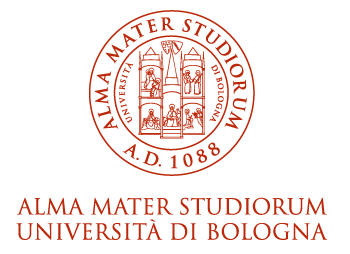For students interested in the field of Georesources and geotechnologies
The students succesfully completing the programme will receive two degrees: the 2nd cycle Degree Laurea Magistrale (LM, 2 year, 120 ECTS) granted by UNIBO and the Master (MA, 2 years, 120 ECTS), granted by the University of Liège.
Students interested in the Dual Degree with Liège will be selected exclusively through the Erasmus+ for studies call for application (the Erasmus Call for the a.y. 2026/2027 is now online).
The application must be submitted online through AlmaRM by the deadline of the Erasmus call (5 February 2026 at 1pm). Students will have to comply with all the rules and requirements of the Erasmus+ call for application. Please read carefully the call for further details.
In order to apply, students will have to select the offer related to the Université de Liège (referent professor Luisa Molari) and attach the following additional documents:
- Motivation letter in English (one A4 page max)
- Curriculum Vitae with the relevant documents useful for the application
- Certificate of English proficiency (not mandatory for the application but useful for the ranking list).
Available positions: max. 5 (including students of the Civil Engineering Master Programme, that is part of the same Double Degree agreement).
Only students complying with the following requirements will be taken into consideration for the Dual Degree:
Please note that students who will be selected for the Dual Degree, in order to be registered in the second year of the Master programme in Liege, will have to complete all the learning activities of the first year before leaving for the mobility.
Exchange students are not required to pay tuition fees at ULiège. They stay registered at the UNIBO and continue to pay their tuition to UNIBO.
However, students may be required to pay administrative fees (i.e. “role et assurance”).
Selected students will be financed through the Erasmus+ call for studies. For this reason, it is very important to respect the deadlines and rules of the Call (in terms of acceptance of the Erasmus position, signing the Mobility agreement and so on).
The University of Liège is a comprehensive university located in French-speaking Belgium. It has sites in 3 towns (Liège, Gembloux and Arlon), on 4 campuses, and has more than 29,000 students, 24% of whom are from abroad.
The School of Engineering is located in the Liège Sart Tilman domain, well connected to the town center thanks to a very frequent bus service.
The Master in Geological and Mining Engineering is “bilingual French/English”. Therefore, students who actively master French and/or English can take all the classes. On a practical level, students can ask staff questions in both languages. Course material exists in both French and English.
How can we help you: Reports on logistical and organizational aspects related to the programme's activities, general information on admissions, exams, timetables, study plan and graduation.
Contact person's name for the office Serena Trapani
E-mail dicam.didattica@unibo.it
Phone +39 0512093726 Orario telefonico
Address Viale del Risorgimento, 2 - 40136 Bologna Orario apertura al pubblico
Double Degree with the University of Liège
[ .pdf 2954Kb ]
ULIEGE - Mobility scheme and correspondence table
[ .pdf 1275Kb ]
The programme is also open for Civil Engineering students. ERE students will have to refer to the Annex B - Environmental Engineering
